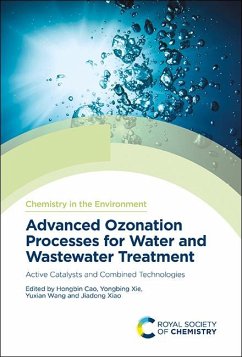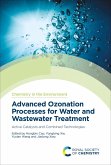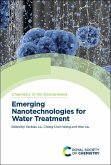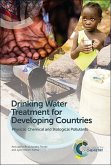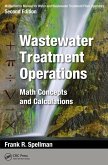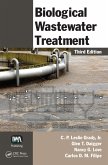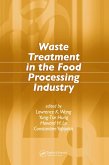Ozone has been actively and widely employed in water and wastewater treatment, but the utilization of ozone alone is insufficient for purifying and disinfecting water to the emission standard of real-world situations because of its selective oxidation behaviour. With the assistance of catalysts (especially heterogeneous catalysts) and coupling with other effective technologies such as the Fenton process, photocatalysis, electrocatalysis, ultrasound, microwave, and ceramic membranes, ozone can be effectively activated into more powerful reactive oxygen species (especially hydroxyl radicals). These combined technologies lead to an enhanced efficiency and complete mineralization capability that open up the method for more practical applications.
Advanced Ozonation Processes for Water and Wastewater Treatment introduces the state-of-the-art catalysts used in catalytic ozonation and various combined processes with ozone. The reaction mechanisms, process kinetics, structure-property-activity relationships of catalysts, effects of operation parameters in these processes and the present state of practical applications and future trends are also discussed, making this a useful reference both for water treatment professionals and for those researching ozonation processes.
Advanced Ozonation Processes for Water and Wastewater Treatment introduces the state-of-the-art catalysts used in catalytic ozonation and various combined processes with ozone. The reaction mechanisms, process kinetics, structure-property-activity relationships of catalysts, effects of operation parameters in these processes and the present state of practical applications and future trends are also discussed, making this a useful reference both for water treatment professionals and for those researching ozonation processes.
Dieser Download kann aus rechtlichen Gründen nur mit Rechnungsadresse in A, D ausgeliefert werden.

